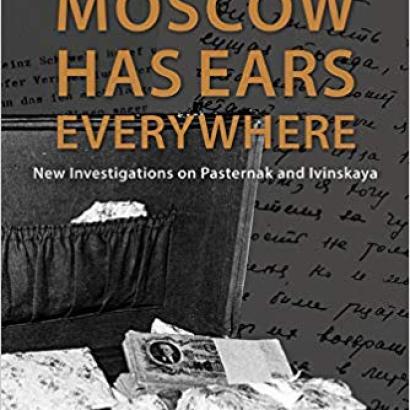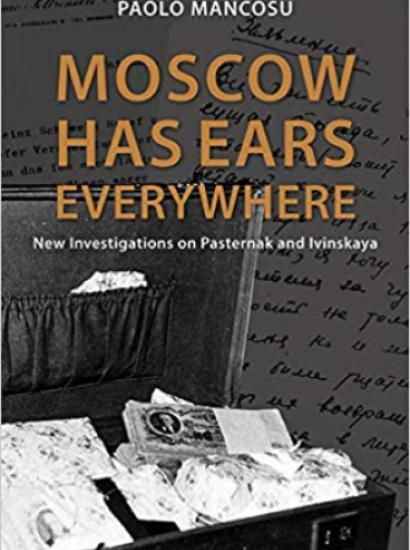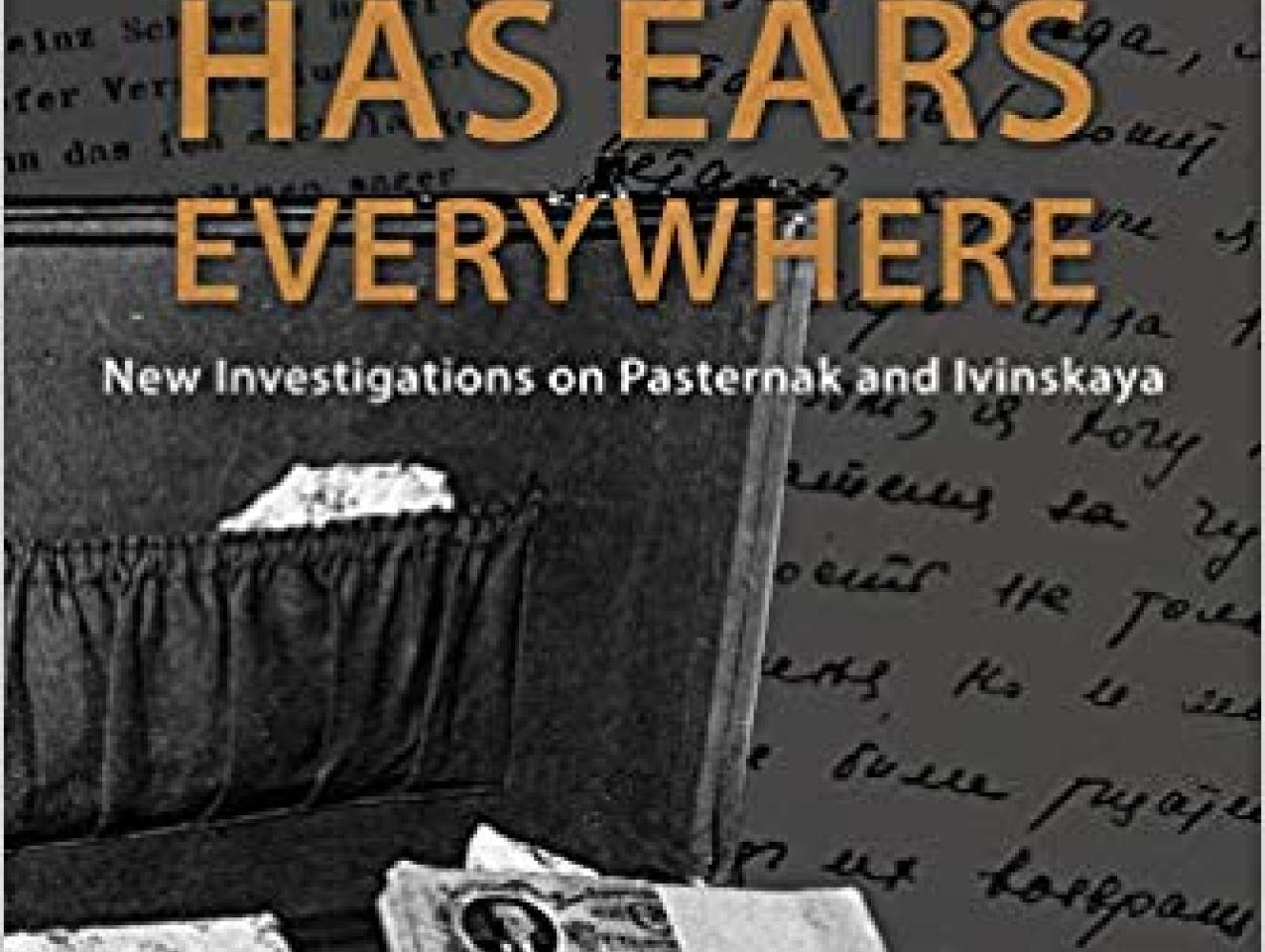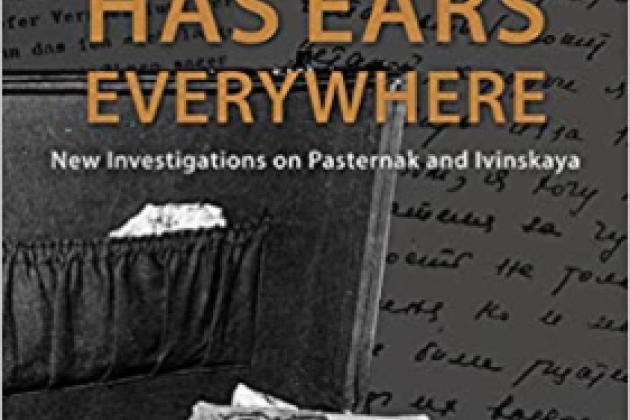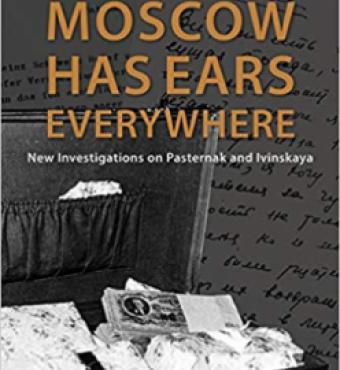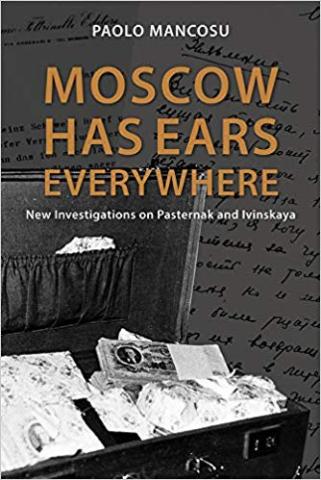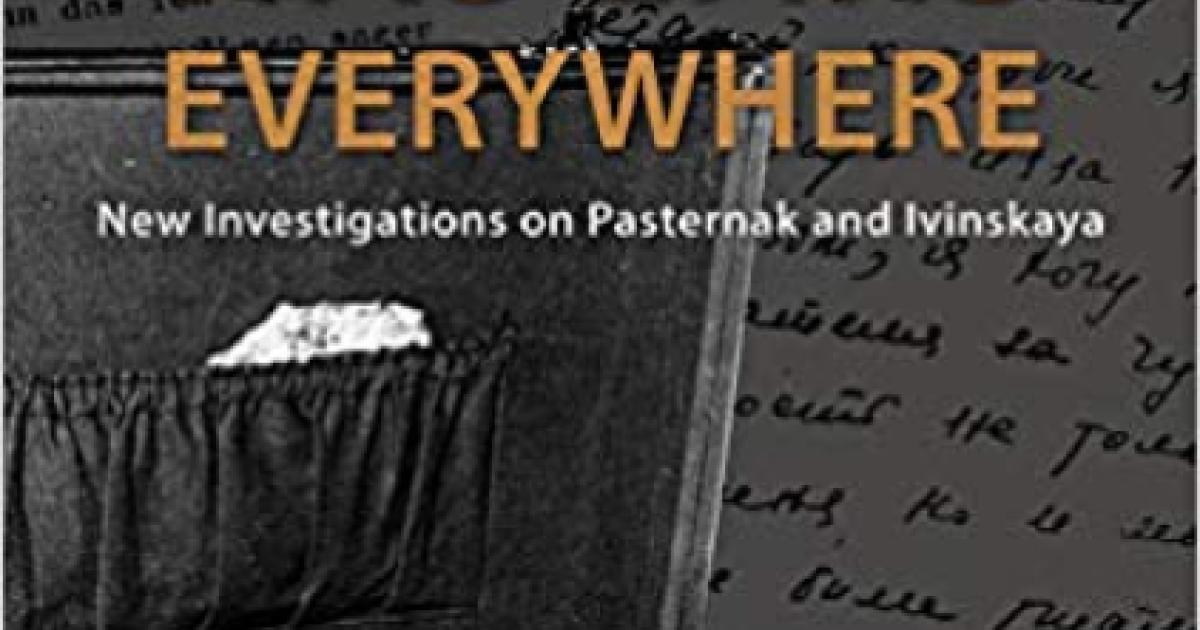
In the new Hoover Institution Press book, Moscow Has Ears Everywhere: New Investigations on Pasternak and Ivinskaya, author Paolo Mancosu provides the first examination of what happened after the Nobel Prize was awarded to Boris Pasternak in 1958 for his book, Doctor Zhivago.
As the book details, when Pasternak won the Nobel Prize, it was not the end of the struggle for Pasternak or for Olga Ivinskaya, his literary assistant, lover, and the model for the fictional Lara. Enraged by the Nobel award, the Soviets launched a campaign of vilification against Pasternak. After his death, they arrested Ivinskaya and her daughter for receiving royalties from his book and sent them to the Gulag. The ensuing international outrage inspired a secret campaign in the West to win their freedom.
Mancosu’s new book—the first to explore the post-Nobel history of Pasternak and Ivinskaya—provides extraordinary detail on these events, in a thrilling account that involves KGB interceptions, fabricated documents, smugglers, and much more. While a general reader will respond to the dramatic human story, specialists will be rewarded with a rich assemblage of new archival material, especially letters of Pasternak, Ivinskaya, Feltrinelli, and d’Angelo from the Hoover Institution Library and Archives and the Feltrinelli Archives in Milan.
Paolo Mancosu is the Willis S. and Marion Slusser Professor of Philosophy at the University of California, Berkeley, and also the author of Smugglers, Rebels, Pirates: Itineraries in the Publishing History of Doctor Zhivago (Hoover Press, 2015).
Visit the Hoover Institution at Hoover.org or find us on Facebook, Twitter, and Scribd (keyword: Hoover Institution).
Media Contacts
Clifton B. Parker, Hoover Institution: 650-498-5204, cbparker@stanford.edu







